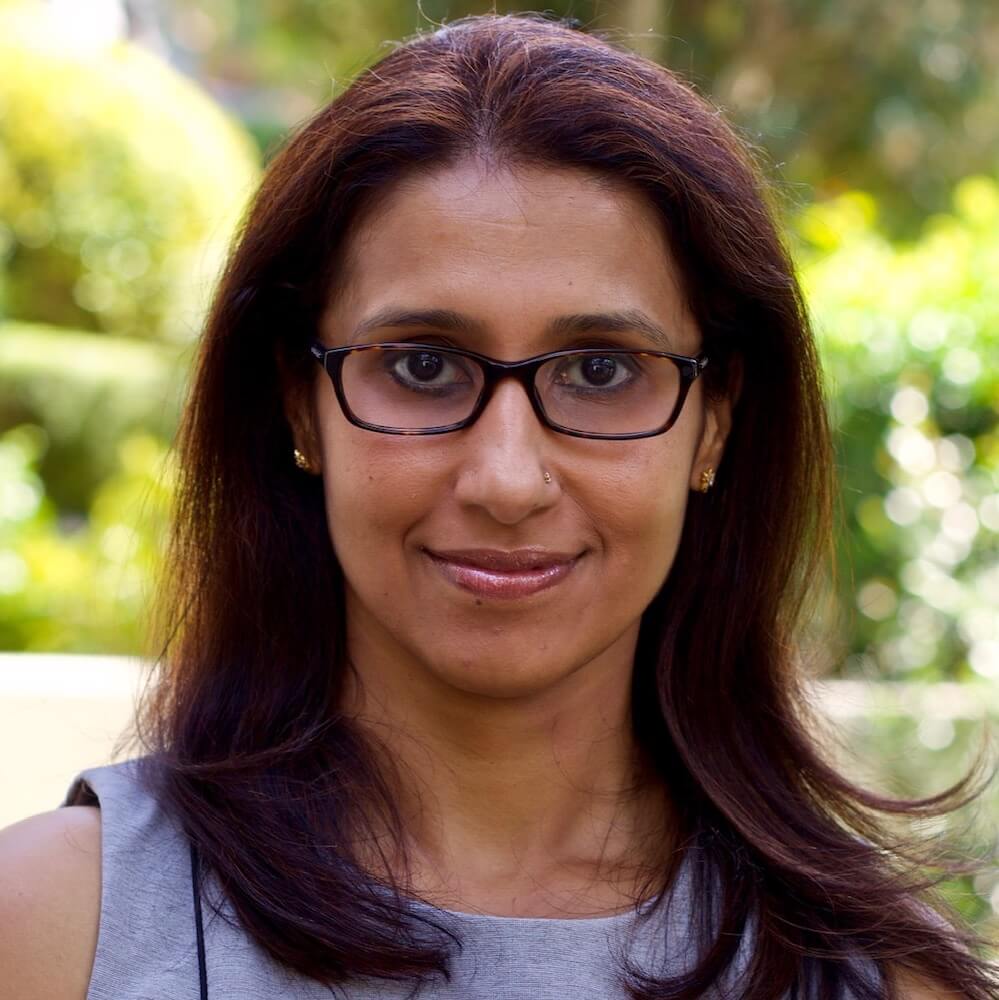Polycystic Ovary Syndrome (PCOS)
Published 18th January 2022 | Dr Ujwala Parashar
PCOS is a condition that occurs in women during childbearing age (15-44 years). PCOS affects ovulation which occurs when a mature egg is released from an ovary in preparation for fertilisation by a male sperm.
Higher than normal androgen levels can not only affect fertility, but other aspects of your health. Women with PCOS can have a greater risk of developing type 2 diabetes, high blood pressure, heart problems and endometrial cancer. PCOS can run in families, and it is common for sisters, mothers, and daughters to have it. You may also be more likely to have PCOS if you are obese or if you have insulin resistance. If you have some of the symptoms of PCOS, your GP will likely refer you to a specialist gynaecologist/obstetrician such as Dr Ujwala Parashar for diagnosis. Dr Parashar will discuss your symptoms, ask about your medical history, and conduct a physical examination that will include a pelvic exam. This is to check the health of your reproductive organs. She will also arrange for other tests including: 1. Ultrasound - This uses sound waves to examine blood vessels, tissues, and organs, and to check for abnormal follicles as well as the thickness of the lining of the uterus, the size of the ovaries, and to check whether the ovaries have cysts. 2. Blood tests - This is to check for high levels of androgens and other hormones. She may also check your insulin levels as well as your cholesterol and triglyceride levels. Unfortunately, PCOS cannot be cured, but it can be managed. The treatment options for PCOS vary and are dependent upon the range of symptoms being experienced. Often times, PCOS can be managed with lifestyle changes including the adoption of a healthy well-balanced diet, regular exercise, and weight loss. For overweight women, the risk of developing long-term health problems as a result of PCOS can be dramatically improved by losing excess weight. Data has shown that even a 5% - 10% weight loss can result in a significant improvement in PCOS symptoms. Other treatment options involve medication and are dependent upon whether or not a woman plans on becoming pregnant. If you plan on becoming pregnant, Dr Parashar will recommend lifestyle modifications and will also likely prescribe medication to help your ovaries release eggs normally. These medications carry some risks, and this will be discussed with you at the time of your consultation. If other treatments have not improved your fertility, Dr Parashar will discuss the option of a specialised surgery called ovarian drilling. This procedure involves using a laser to make tiny holes in the ovary to restore normal ovulation. If you don’t plan on becoming pregnant, as well as lifestyle modifications Dr Parashar’s treatment options may include: If you have any of the symptoms described in this article, speak with your GP, and arrange for a specialist referral to Dr Parashar. She will undertake the necessary examinations and tests needed to diagnose whether you have PCOS and start a treatment program to meet your individual needs. To arrange for a consultation, please call our team on 1300 811 827.What causes PCOS?
What are the symptoms of PCOS?
Are there other health factor risks associated with PCOS?
Who is at risk of developing PCOS?
How is PCOS diagnosed?
Can PCOS be cured?
What are the treatment options for PCOS?
I have PCOS and want to become pregnant
I have PCOS and don’t plan on becoming pregnant
What should I do next if I suspect I have PCOS?
Dr Ujwala Parashar, Obstetrician & Gynaecologist
Dr Ujwala Parashar is a highly trained female obstetrician and gynaecologist with over 15 years of professional experience and training, practicing in Sydney's North Shore and Barangaroo. If you would like more information on conception, or if you are seeking obstetric options and advice, please contact us or call 1300 811 827 to arrange a consultation with her.

